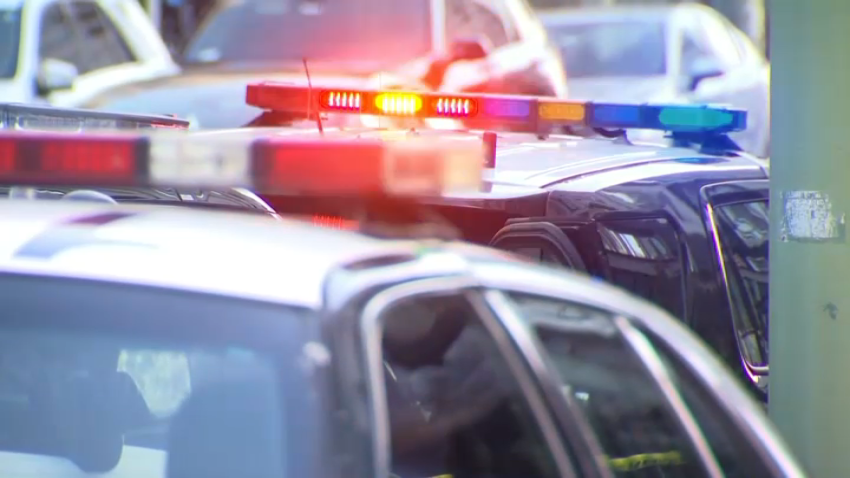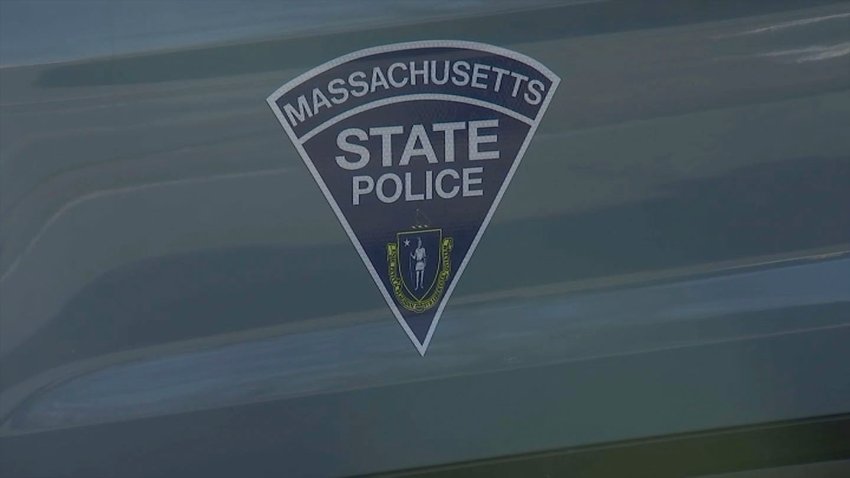

The Latest
-

The Myth of the “Perfect Pet Parent”—Why Showing Up Is More Than Enough
Pet ownership is rarely perfect, and that’s perfectly okay.
Promoted By Hill's Pet Nutrition -

How to find the best back to school deals and discounts
Shopping online can help consumers compare prices and stack savings across several different retailers.
-

Live updates: Patriots practice for final time before preseason finale
The Patriots will take the practice fields behind Gillette Stadium on Tuesday for the final time before their preseason finale.
-

Boston police radio outage during string of shootings prompts concern
A recent communications blackout within the Boston Police Department has prompted concerns among city councilors.
-

Serious crash reported on Atlantic Avenue in Marblehead
Emergency crews are at the scene of a serious crash Tuesday morning on Atlantic Avenue in Marblehead, Massachusetts. Marblehead police said in a social media post shortly after 6 a.m. that traffic on Atlantic Avenue is being rerouted due to a motor vehicle crash. Anyone heading outbound should be aware that the road will be completely blocked at Co... -

Stabbing in Cambridge along Memorial Drive under investigation
A person was stabbed late Monday night along a busy street in Cambridge, according to Massachusetts State Police.
-

‘Stop attacking our cities:' Wu responds to DOJ demands on immigration enforcement
Tuesday is the federal government’s deadline for so called sanctuary jurisdictions, including Boston, to come into compliance with the White House’s immigration policies.
-

High surf advisories in southern New England as Erin crawls up the Atlantic
We’ll stay on the cool side of things for the next few days as onshore breezes and thicker cloud cover keep us in the upper 60s to low 70s. Humidity remains low throughout the week and into part of the weekend as we watch Hurricane Erin weave through the open Atlantic.
-

‘These people need to be stopped': Homeowner loses over $500K in contracting scheme
All Michael Berard wanted was a small concrete ramp installed in the backyard of his Swansea home. The upgrade would make it easier for the retired machinist to pull the riding lawnmower in and out of his basement. However, the equipment and debris still scattered around his property months later provide a constant reminder that he got way more tha... -

Person steals car with child inside at Mass. hospital, abandons it in Lowell
Police are looking for a person who on Monday stole a car with a child inside near a Massachusetts hospital, then abandoned it miles away — after ordering the child out — amid a large search, officials said.
-

4 suspicious deaths under investigation in Madbury, NH
New Hampshire authorities are investigating the deaths of four people at a home on Moharimet Drive in Madbury.









